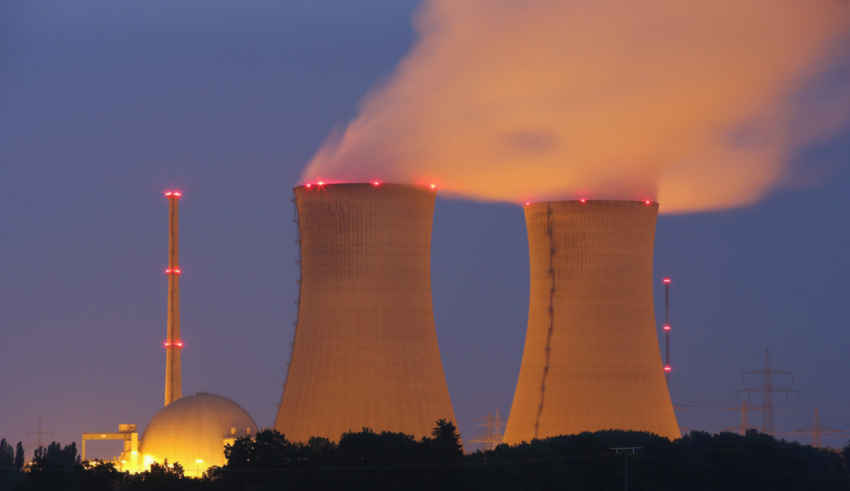
The past months have shown a significant increase in Gas prices in the Member States of the European Union, as well as globally. At this point, the natural gas prices have risen by a stable 400% since the same period last year, leaving the EU citizens baffled by the policies of the EU.
The EU holds that preventing gas supply disruptions is crucial to the stabilization of the EU Energy Security. Specifically, the EU states that there is a need for cooperation between the EU countries in regional groups to assess the common supply risks. As reported recently, Germany has been reselling the Russian gas to Poland and Ukraine to relieve the overheated stacks.
On one side, once the surplus of energy is detected, it indeed is wise to allocate say surplus in another state, which is allowed thanks to the EU’s bi-directorial capacity on all cross-border interconnections. Nonetheless, there is another side to this, as such practices may breach the rules of previously agreed contracts between Member States (or the EU as a whole) and external gas suppliers.
This is the belief of Russian President Vladimir Putin, who assesses the current natural gas prices crisis as solely the EU’s fault. At this moment, 35% of all natural gas is transferred to the EU from Russia, mainly by the Yamal-Europe pipeline. As of last year, Poland did not extend their long-term partnership with the Russian gas giants Gazprom.
Such behavior and limiting of the gas transport is disrupting the Russian economy as well, with over 40 % of domestic budget dependent on the hydrocarbons sales, since oil and gas are clearly dominating the total sales of goods from the Russian Federation.
This is increasingly becoming a very tight political battle, as both the EU and the Russian Federation have all to play for. For the EU, more than one-third of all gas supply is dependent on Russia, whereas Russian economy is crippled drastically without the revenue related to the sales of gas and oil. Sergiy Makogon, a CEO of Ukrainian gas TSO (Transmission System Operator), stated that prices of gas reaching 2000$ and subsequent decrease in supplies to the EU is by no means an economic decision. Putin and Russia are using this situation to pressure the agreements to be signed on preferable terms for the Federation.
On top of that, Nord Stream 2, which would be an important commercial and political agreement with Germany and the EU as a whole, would subsequently weaken the Ukrainian role in the gas transit, which up until now is still a crucial route of gas to the EU and Europe as a whole. At the moment, it is unlikely that the agreement is reached by at least Spring 2022, which is a blow for the Russian politics with the West and the arising tensions with Ukraine.
The current state of affairs is a test for the EU officials to assess the risks of not signing the agreement in time. As of now, European citizens are experiencing a drastic increase in prices, which with the skyrocketing inflation translates into the lack of financial stability, especially not being able to predict the ever-changing market. With the EU’s plan on transforming the European energy to a green and sustainable one while at the same time significantly expanding the gas-transit lines and most probably having to devote to lengthy supply contracts is contradictory and leaves the society most vulnerable.
Reference list:
Secure Gas supplies. European Commission. Accessed on 28.12.2021.
Available at: https://ec.europa.eu/energy/topics/energy-security/secure-gas-supplies_en
The Geopolitics of Energy Security in Europe. Carnegie Europe. Accessed on 28.12.2021.
Available at: https://carnegieeurope.eu/2019/11/28/geopolitics-of-energy-security-in-europe-pub-80423
Putin says Europe only has itself to blame for surging gas prices. Reuters. Accessed on 28.12.2021.
Available at: https://www.reuters.com/markets/commodities/russian-gas-goes-east-via-yamal-europe-pipeline-fourth-day-2021-12-24/
EUROPE’S ENERGY SECURITY PROBLEM LEAVES IT IN THE COLD. Accessed on 28.12.2021.
Available at: https://warontherocks.com/2021/11/europes-energy-security-problem-leaves-it-in-the-cold/
By The European Institute for International Law and International Relations.















